Topic / Food & Agriculture / In-depth
Precision Fermentation Overview

Today, we stand on the cusp of the next great transformation in our food production.
Precision Fermentation (PF) is a transformative technology emerging within our food & agriculture sectors.
Novel food technologies like PF and Cellular Agriculture (CA) have the capacity to bring about extraordinary change to how we produce and consume our food.
What is Precision Fermentation?
Precision Fermentation (PF) is a process that allows us to program microorganisms to produce almost any complex organic molecule.
'Precision Fermentation' is a term coined by RethinkX in our 2019 Food & Agriculture Report.
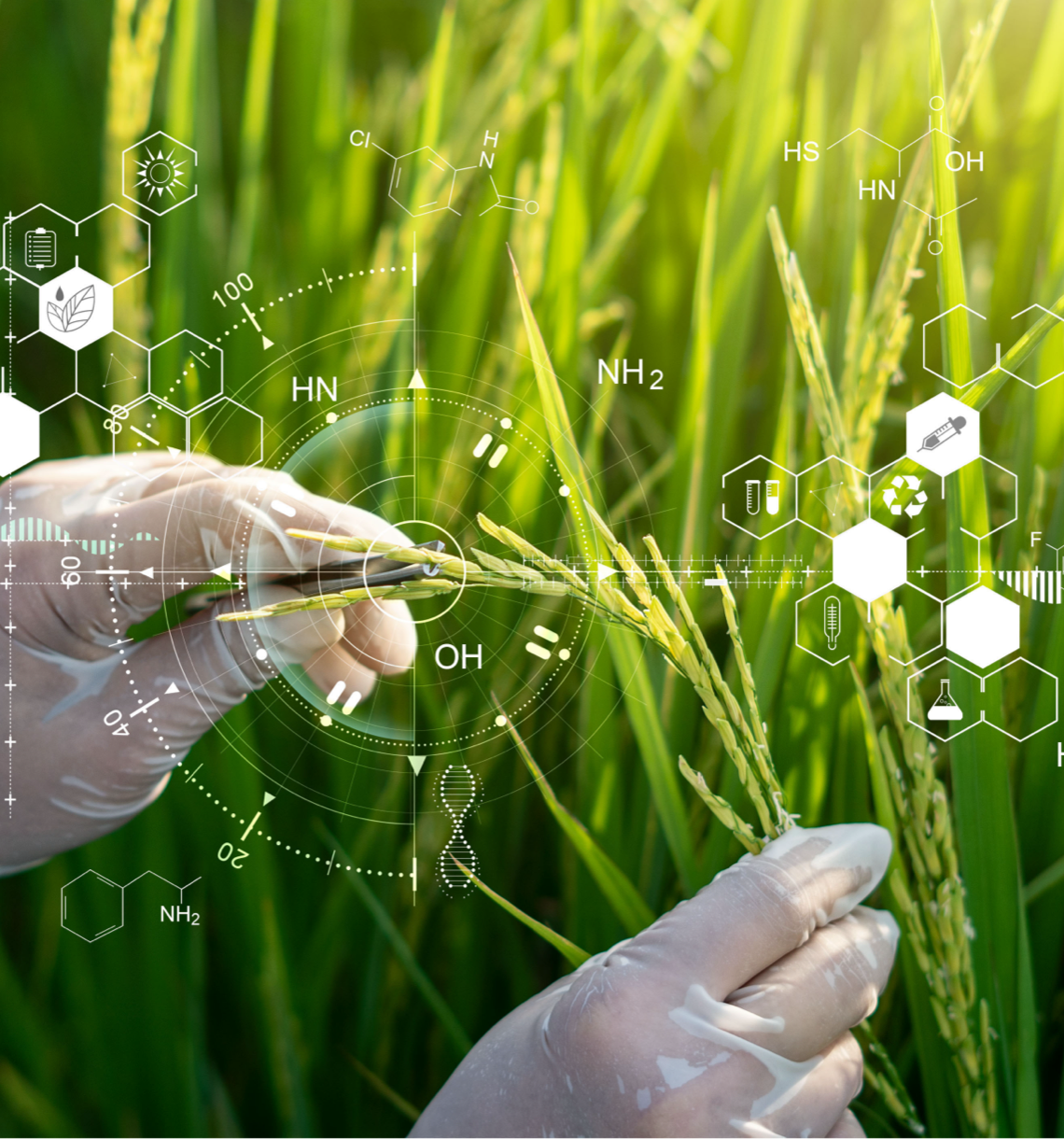
Precision Fermentation has the potential to disrupt the food & agriculture industry entirely
This is the second domestication of plants and animals
The first domestication allowed us to master macro-organisms for our food.
This second domestication will allow us to harness microorganisms...
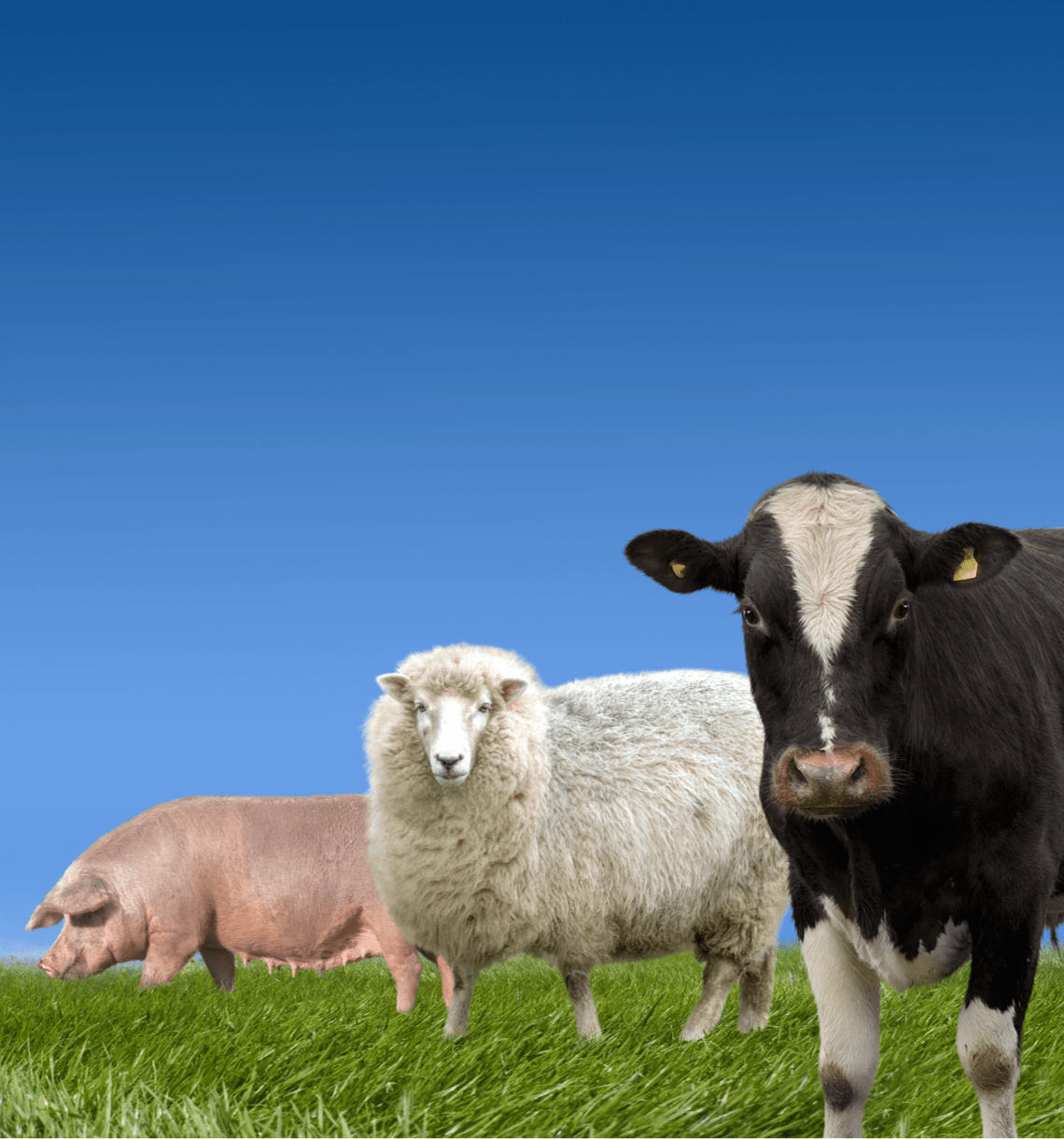
Precision Fermentation can produce proteins, carbohydrates, fats and many other molecules found in dairy, meat, eggs, fish and even non-food products like fabric dyes and leather.
How? By harnessing a basic culinary method we have been perfecting for over 10,000 years. Fermentation.
Precision Fermentation farms will become the new food farms
For the first time in our history, the ceaseless exploitation of plants, animals and planet will no longer be necessary.
The end of exploitation
Brilliant discoveries in biology, science and information have resulted in the emergence of remarkable new food technologies that cause minimal harm.
Precision Fermentation and Cellular Agriculture technologies do not require the mistreatment of animals to produce food. This will revolutionize our relationship with the natural world.
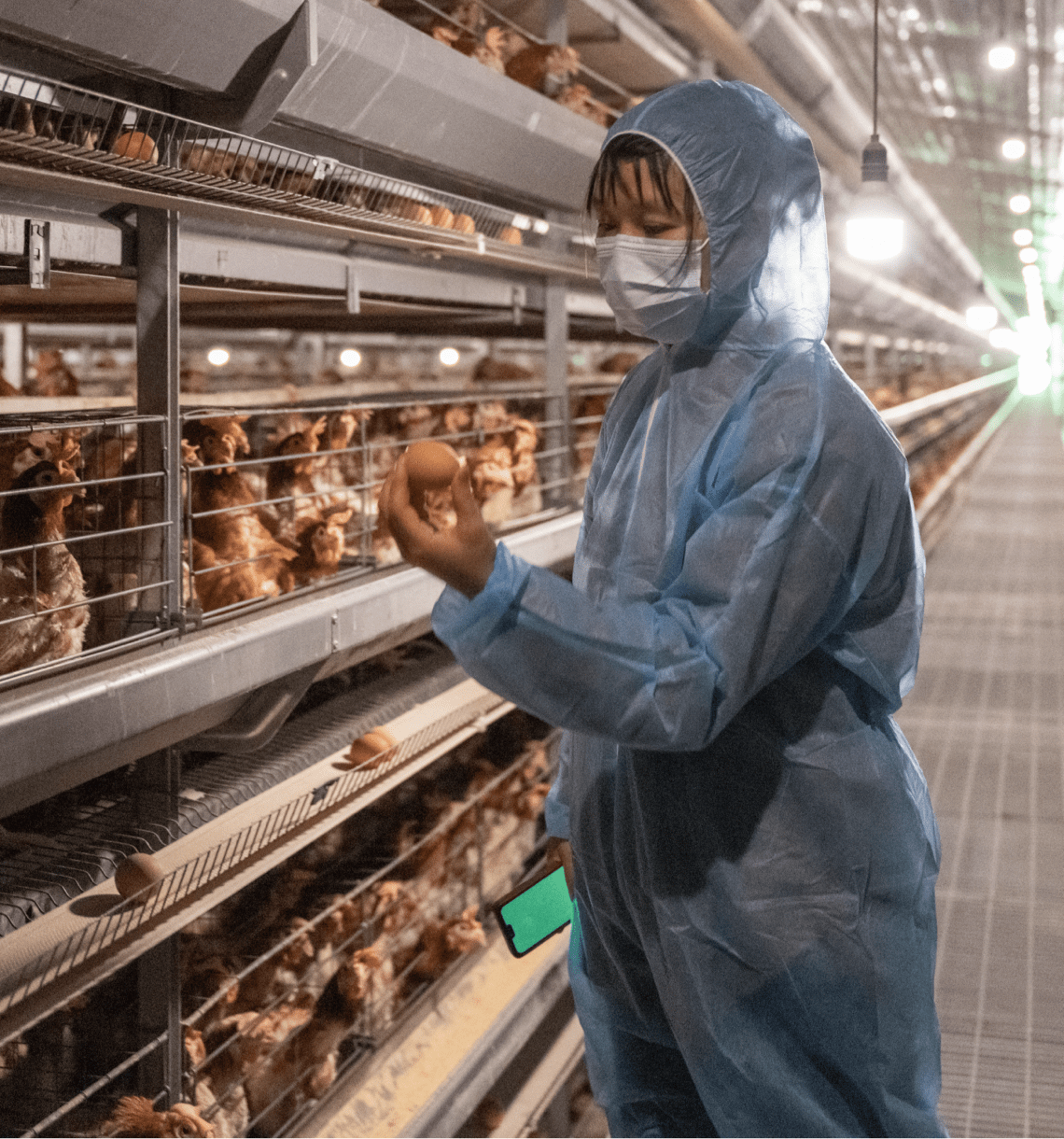
Food produced from a single molecule
The opportunities for innovation are endless.
Rather than growing plants and animals to break them down into the things we need, Precision Fermentation foods are built up from precisely designed molecules and cells.
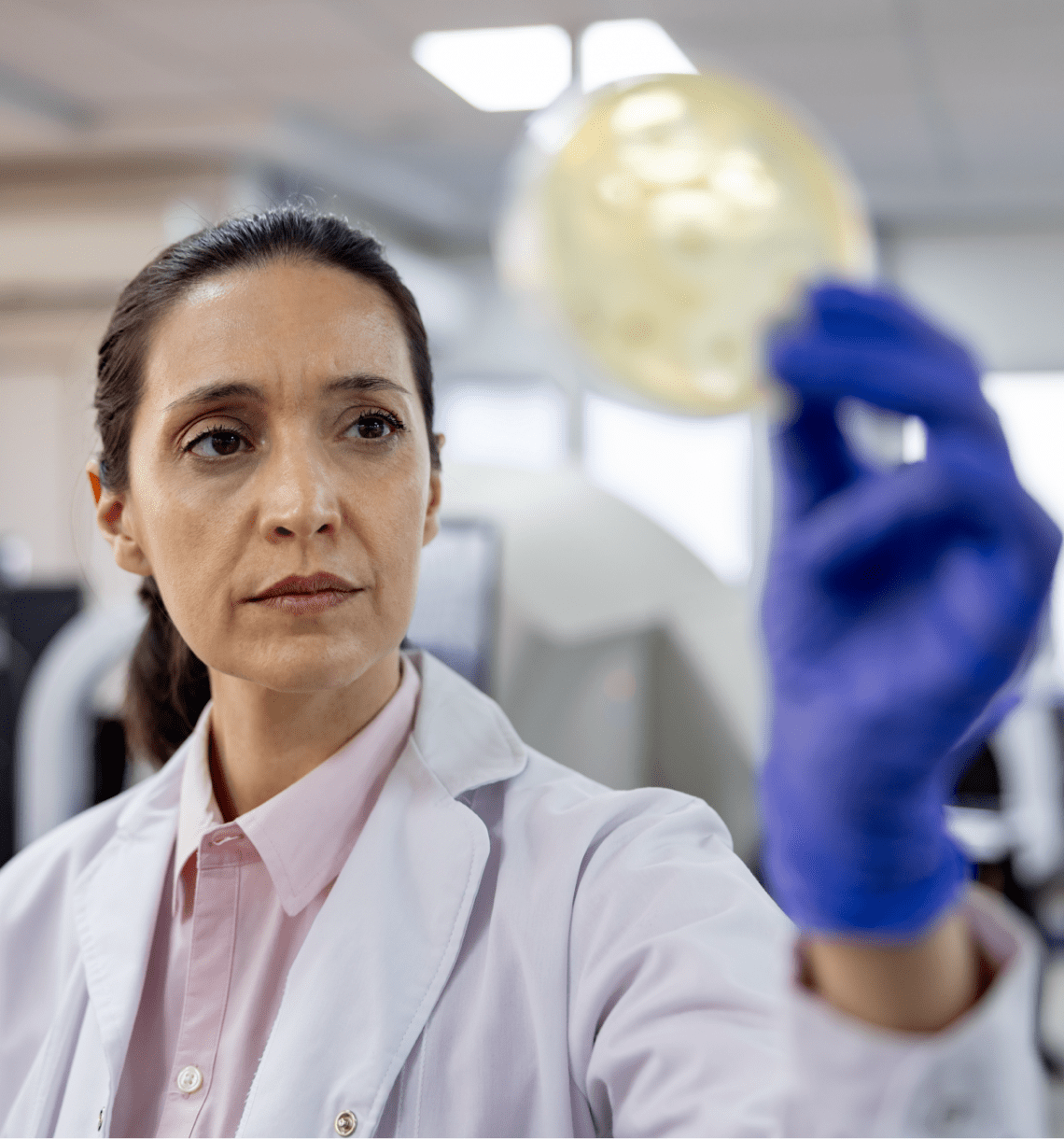
Precision Fermentation foods are not GMO
Precision Fermentation foods are made from proteins, and proteins contain no genetic material.
Through the process of Precision Fermentation, genetically engineered microorganisms (usually yeast, algae or bacteria) are programmed to produce all kinds of animal and plant molecules, and any protein, enzyme or fat imaginable.
The DNA of a single soy plant or chicken will be enough to create an unlimited quantity of soy or chicken protein.
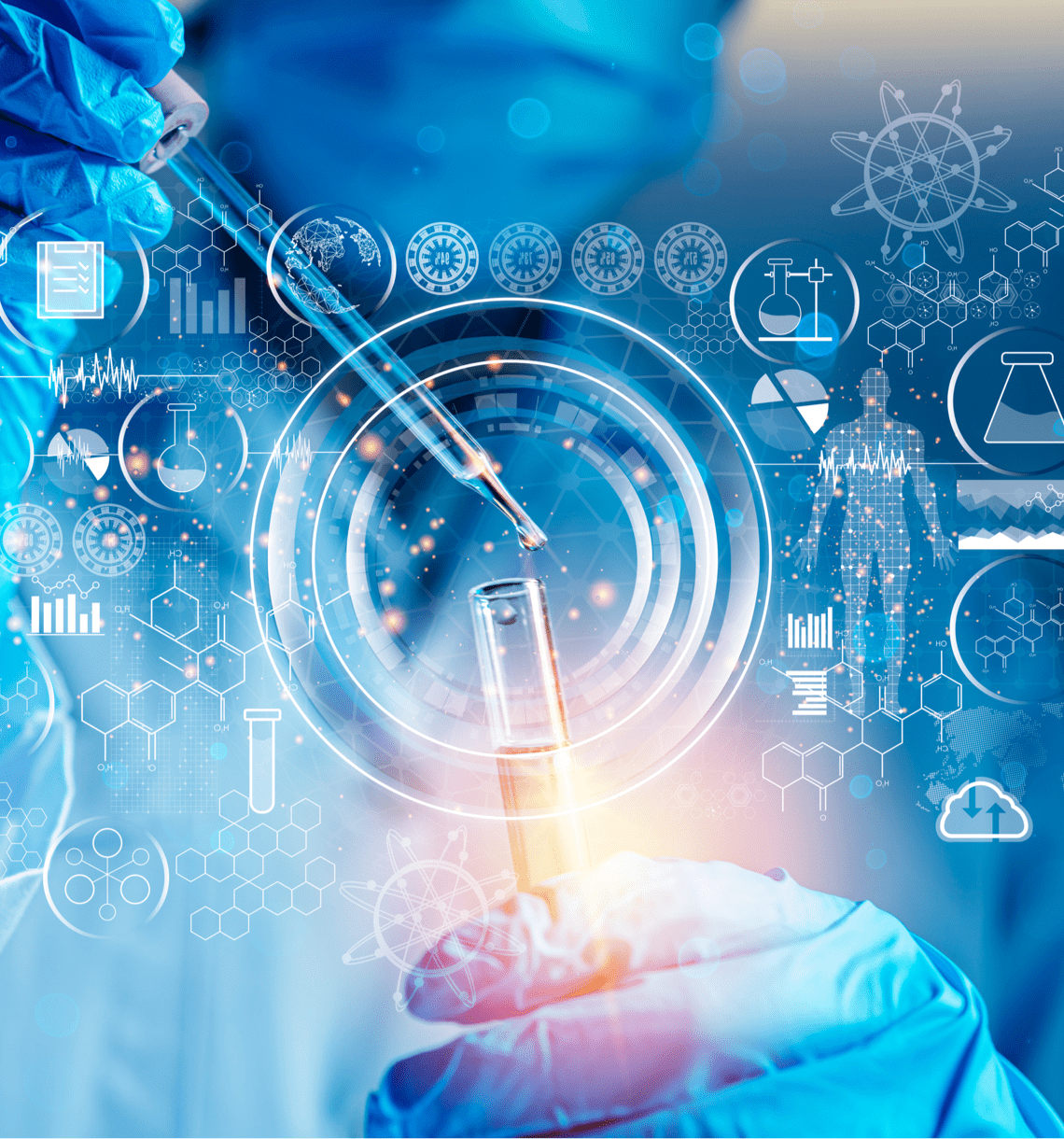
Precision Fermentation shifts our modes of food production from a model of extraction to a model of creation
With Precision Fermentation you genetically modify yeast so that it can produce the ingredient that you want. This technology has existed for 40 years and PF ice cream, cheese and chocolates are already on the market.
- Tony Seba, Co-Founder RethinkX
The benefits of Precision Fermentation are extraordinary
This transformational technology can create the same goods we know and love, without the harm.
Land freed for reforestation
The 70% of agricultural land and water currently used for animals will be replaced with localized precision fermentation and cellular agriculture operations. This land could be used for passive or active reforestation efforts.

Nutritious, cheaper food
Precision Fermentation foods will be cheaper and superior in every possible way.
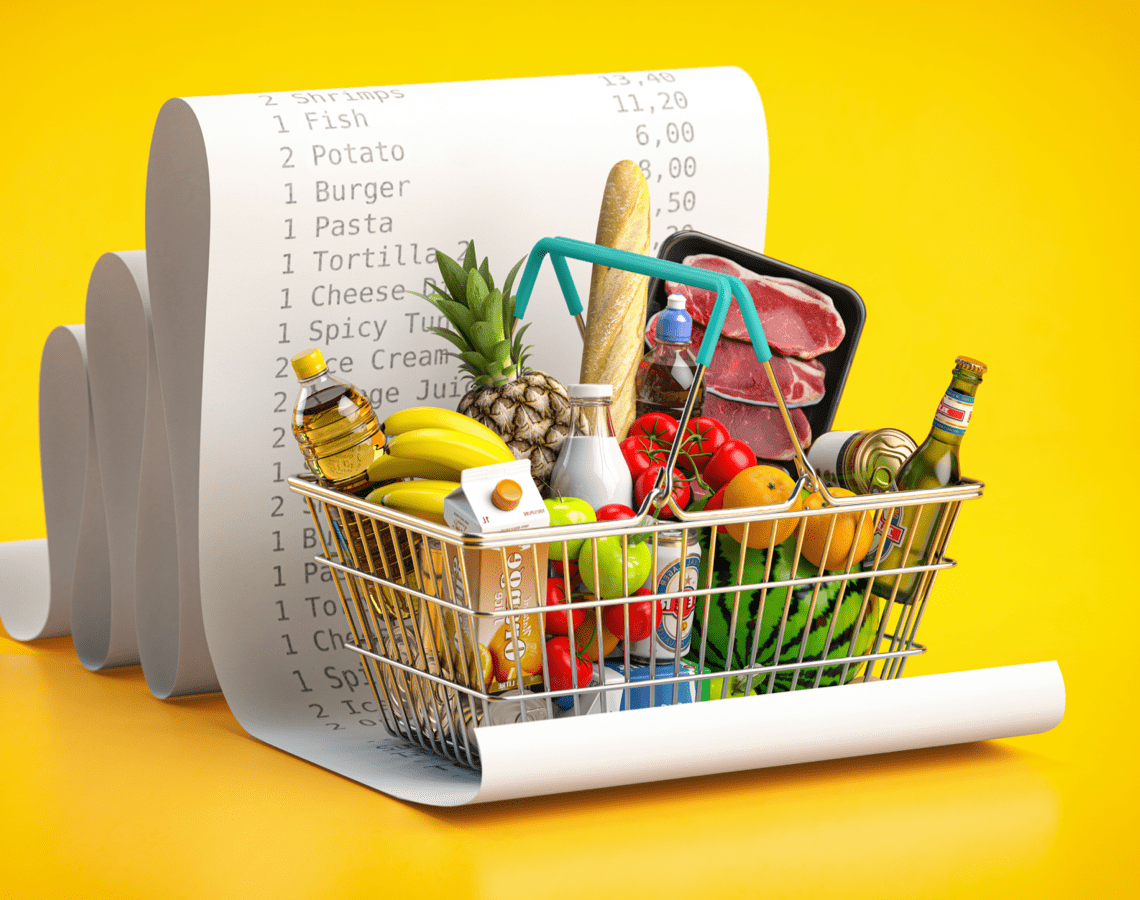
Distributed, decentralized food systems
Precision Fermentation foods can be designed and manufactured anywhere in the world. This democratizes food production and eliminates geographic advantage.
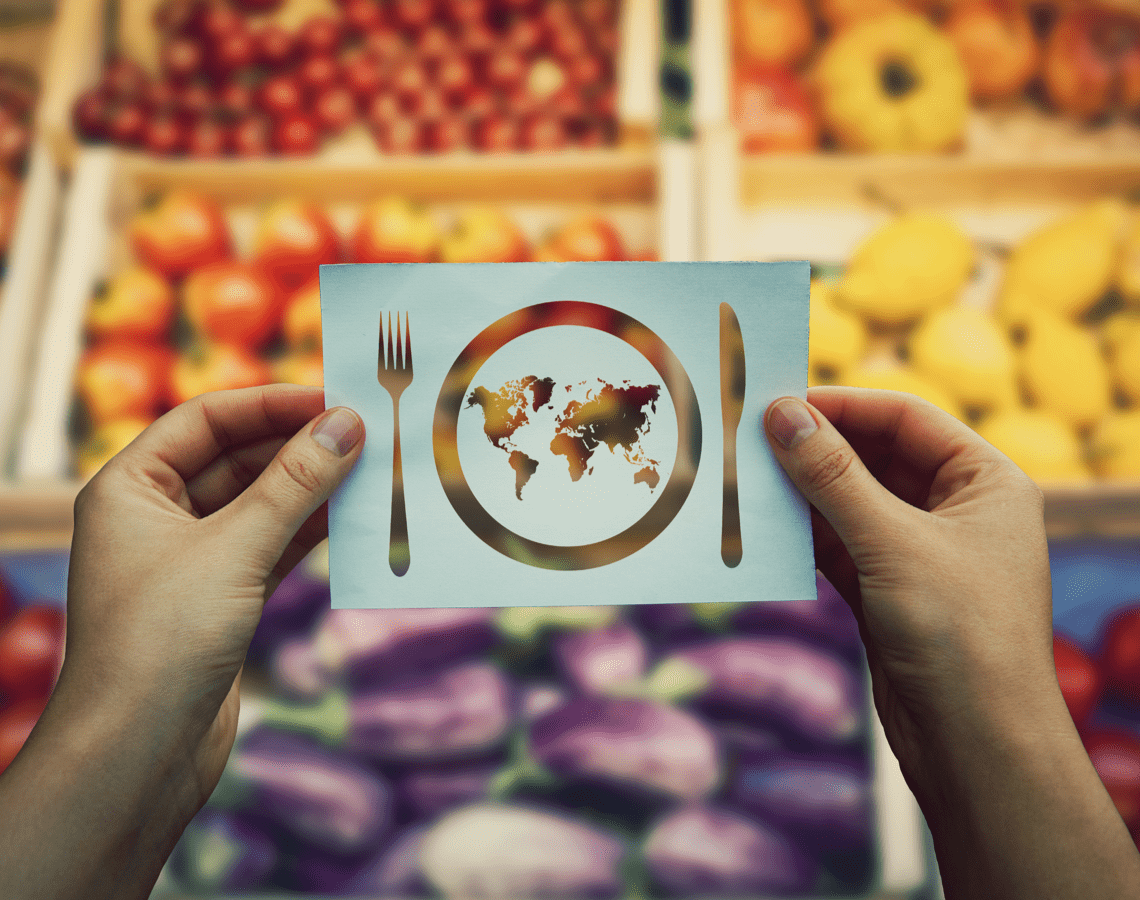
"The taste, aroma, texture, mouthfeel, nutrition and variety of PF food, plus the predictability of quality, price and supply, as well as impact on health, animal welfare and the environment will all be improved."
- Rethinking Food & Agriculture Report (2019)
Precision Fermentation is just the beginning
Technology advances like Precision Fermentation are now being combined with an entirely new model of production we call Food-as-Software.
Food-as-Software and the future of food
Food-as-Software (FaS) is where individual molecules engineered by scientists are uploaded to databases.
These databases become molecular cookbooks that food engineers anywhere in the world can use to design products in the same way that software developers design apps.
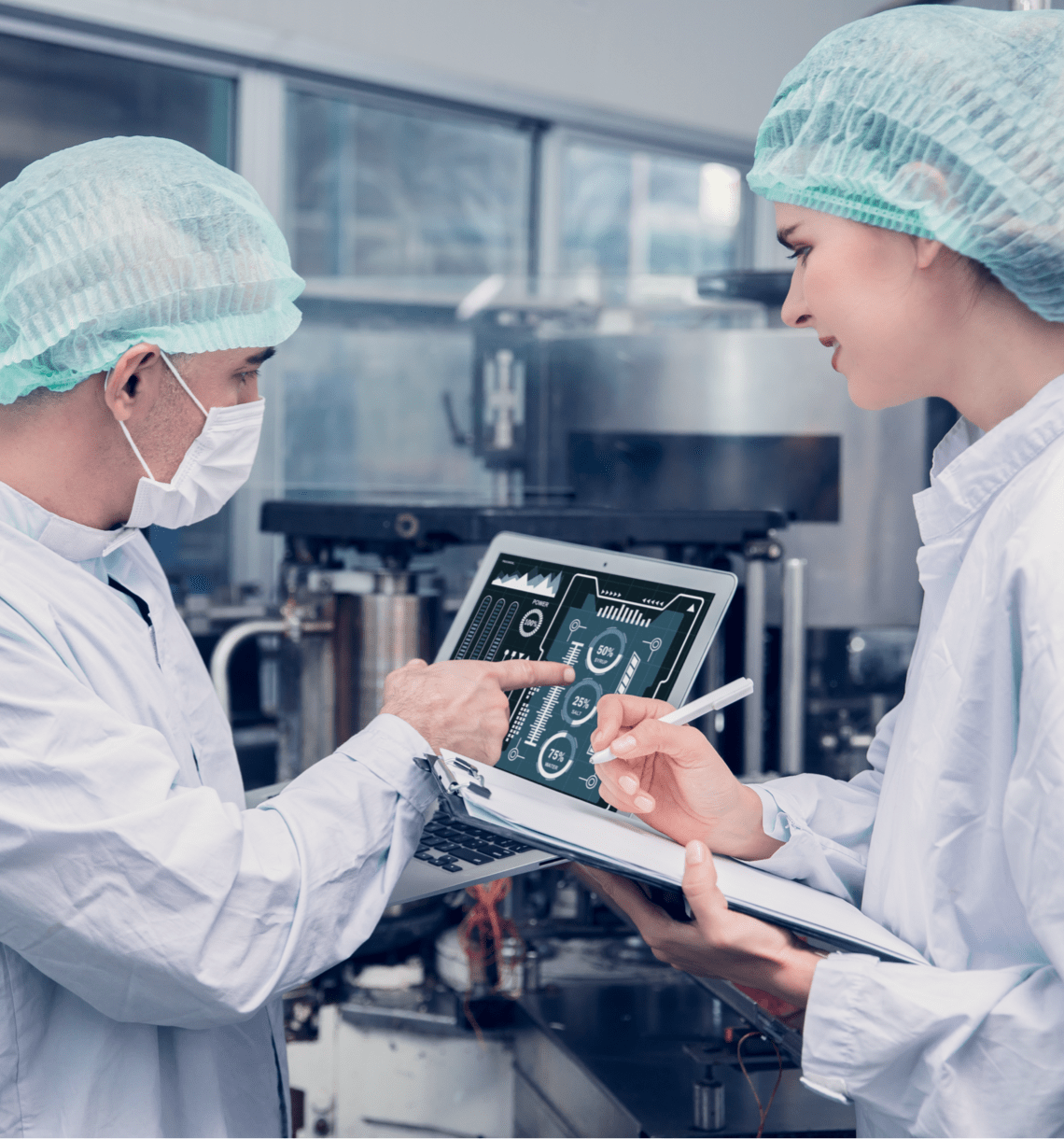
These technology disruptions will have cascading ripple effects across all sectors of our society
In the next 10 years, we can move from a centralized system dependent on scarce, extractive resources to a localized, resilient system based on superabundant, creative production.
This makes it easier to:
-
stabilize, localize and democratize food production
-
minimize harm to our environment
-
maximize delicious, nutritious and superabundant food for all.
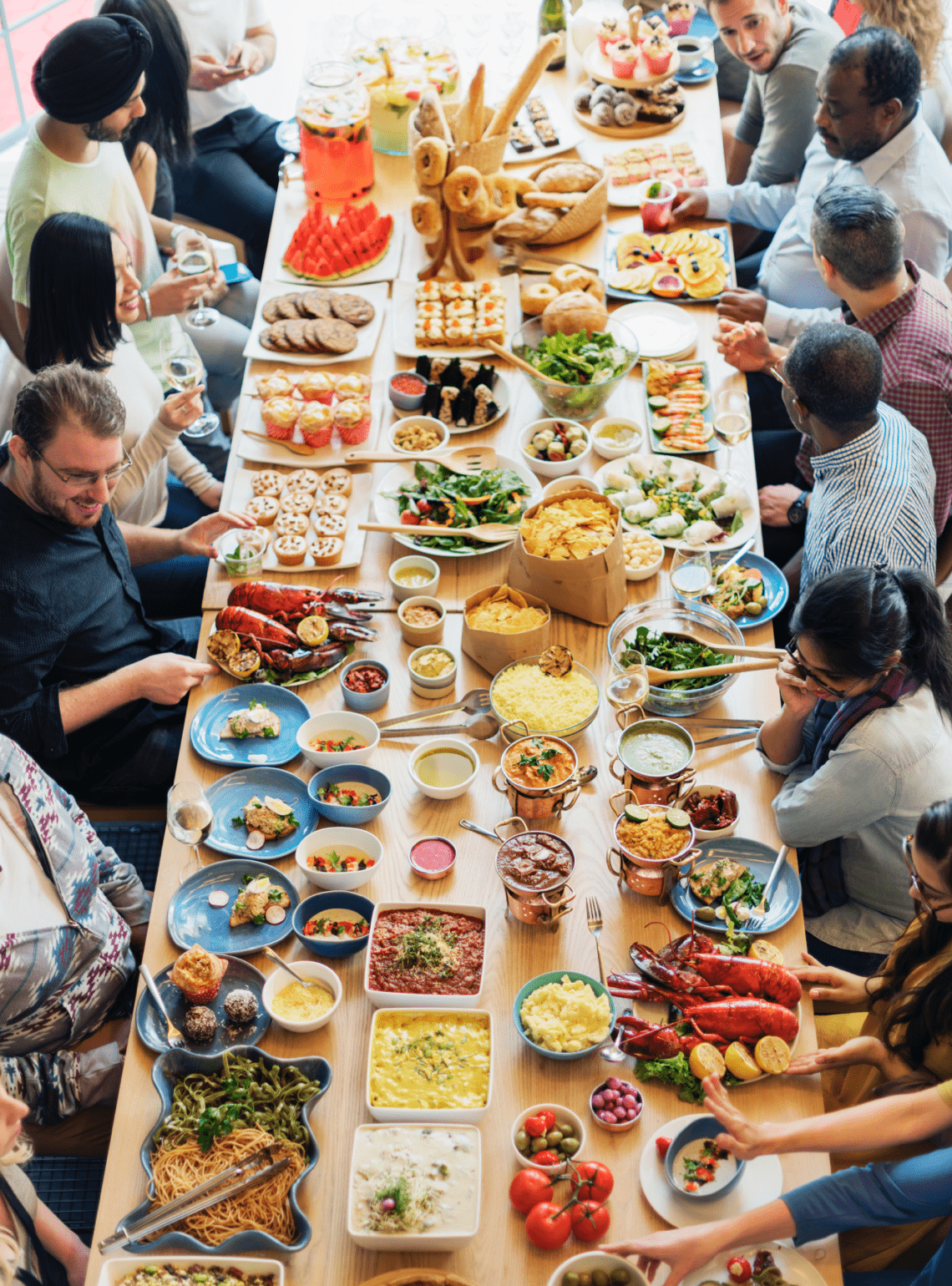



















-min-1.png?width=732&name=Copy%20of%20Website%20imagery%20-%20Featured%20Image%201200x628%20(3)-min-1.png)
-min-2.png?width=732&name=Copy%20of%20Website%20imagery%20-%20Featured%20Image%201200x628%20(2)-min-2.png)
-min-1.png?width=732&name=Copy%20of%20Website%20imagery%20-%20Featured%20Image%201200x628%20(4)-min-1.png)

